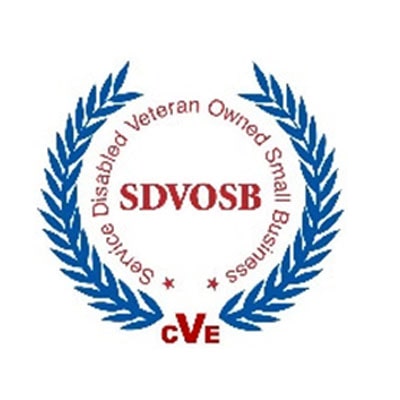Online learning means that learners will use a computer, tablet or some other device for their learning, and it also means that at some point in their studying, students go online – through the Internet – to access information or communicate with an instructor or other learners.To be successful in a global workforce, employees need pathways to acquire expertise and form meaningful connections to peers and mentors. Fortunately, technology can be a powerful tool in the learning experiences.
E-Learning and Virtual Training | Employee Training
The important thing to remember is that online learning is primarily a mode of delivery, a way of delivering education to learners, not a particular method of teaching. Online learning can support a wide range of teaching methods. For instance, lectures can be delivered in class (face-to-face) or over the Internet.
Historically, a learner’s educational opportunities have been limited by the resources found within the walls of a school. Technology-enabled learning allows learners to tap resources and expertise anywhere in the world. With high-speed Internet access, a company can develop courses to address a particular gap in knowledge for its employees.With mobile data collection tools and online collaboration platforms, employees in a remote geographic area can collaborate and learn from peers doing similar work anywhere in the world.
Every day, someone new either thinks about doing an online course or is pressured into doing one. DJCPA can develop and deploy online learning courses to address specific areas; including, but not limited to:
Eight Hours of EEO Continuing Investigator Training as required by EEOC regulations -
The continuing eight hours of investigator training every fiscal year is intended to keep EEO Investigators informed of developments in EEO practice, law, and guidance, as well as to enhance and develop investigatory skills. Agencies are encouraged to conduct a needs assessment to determine specific investigative staff training needs. The Commission anticipates that these eight hours of continuing investigator training will include segmentson legal and policy updates, regulatory and statutory changes, and investigative skills development.
Information Security Training
Security awareness training is a formal process for educating employees about computer security. … Employees should receive information about whom to contact if they discover a security threat and be taught that data is a valuable corporate asset.
Cybersecurity Training
Computer security, cybersecurity or information technology security is the protection of computer systems from theft or damage to their hardware, software or electronic data, as well as from disruption or misdirection of the services they provide.
Professional Development Training
Professional development is learning to earn or maintain professional credentials such as academic degrees to formal coursework, attending conferences, and informal learning opportunities situated in practice.
Quality Assurance Training
Quality assurance is a way of preventing mistakes and defects in manufactured products and avoiding problems when delivering products or services to customers; which ISO 9000 defines as “part of quality management focused on providing confidence that quality requirements will be fulfilled.
Course Development and Test Administration
DJCPA has been developing course materials for over 20 years and is especially skilled in tailoring materials to agency needs.
Employees Annual PII Refresher
PII stands for Personally Identifiable Information. PII is any information about an individual maintained by an agency, including (1) any information that can be used to distinguish or trace an individual‘s identity, such as name, social security number, date, and place of birth, mother‘s maiden name, or bio-metric records; and (2) any other information that is linked or link-able to an individual, such as medical, educational, financial, and employment information.
Employees Annual EEO Training
Equal employment practices are important for both individuals and organizations. On an individual basis, EEO laws accomplish many things. First, EEO helps establish a baseline for acceptable behavior, which is essential considering the vast array of lifestyles, values, and attitudes individuals have.


